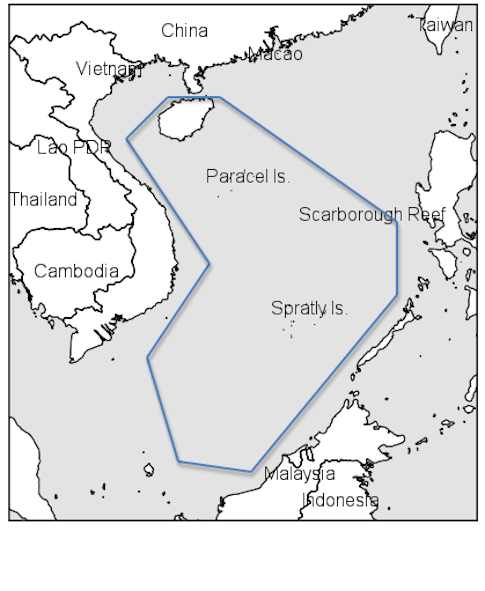Michael Pinkus on the Ontario government’s latest cynical ploy to shore up electoral support in a wine-producing riding just in time for a by-election:
There was a certain amount of optimism over the holidays coming out of the wineries of Ontario as the Wynne Liberals, who lead this province, announced a new initiative to get Ontario wines into the hands of more Ontarians … or at least that’s how they are selling it.
In case you missed it, Kathleen Wynne and the Corrupt Liberals (sounds like a great 90’s band) have released their latest McGuffin on the land, an announcement that Ontario VQA wine is to be sold at farmer’s markets throughout the province. It’s all part of their 75 million dollar plan to support the local wineries and help them grow. The timing couldn’t be better, for them anyway; this announcement comes just before a soon-to-be scheduled by-election in Niagara. Funny, how it is only now the Premier and her troops have decided to finally help the wineries of Ontario … seems rather convenient. I starting to experience a little déjà vu about this though; didn’t they use this same technique to grab a couple of seats in the last election?
Now, before you accuse me of being anti-Liberal, I’m not. Before this government completely let me down I would have counted myself among them, but my personal politics aside, I’m not anti-Liberal, I’m pro-Ontario Winery — and anything that can help these hard working, passionate folks get their wines into more hands of the Ontario populace, the happier I am.
[…]
If they truly want to help the wine industry in this province stop handcuffing them as to where they can sell their wines. Give them actual retail space like the Wine Shoppes and Wine Rack stores that Peller and Vincor hold onto like gold (because they are). Let them sell their wines not just at Farmers’ Markets but at festivals and events where you can sample the wine before you buy. Nothing makes attendees of festivals more annoyed than our prohibition era laws, that keep them from buying bottles of their favourite wines tasted at expos, festivals or events. It’s mind boggling and baffling to any who have attended wine shows in other countries. Let wineries actually sell their wines at these events … I promise, no one is going to open the bottle in their car on the way home; no more so than they would after purchasing it at an LCBO store.
And so that it’s not just my voice of dissension you hear, allow me to bring winery owner Daniel Lenko into the conversation, as he posted his thoughts on Facebook: “Ok, this could get long winded. I think in general wine producers in Niagara are supportive of this olive branch being offered. Why not? This is the start of something, and anything is better than nothing. Here are the pitfalls: 1) You can’t sample wine before 11am legally, and farmers markets primarily occur in the early morning hours. 2) Can I have a stand-alone store in the “PATH” and call it “The Farmers Market”. I will offer produce as well. Or is this too civil? 3) I can’t warehouse anything offsite so that means that I must drive pallets of wine back and forth daily to Niagara, how environmentally irresponsible. 4) And hold on a second … Why is it that [Cellared in Canada] wines can be sold ANYWHERE in private stores and wines grown and vinified in Ontario can only now, 25 years later, be available at farmers markets. It really feels like I am a second class citizen here”.





